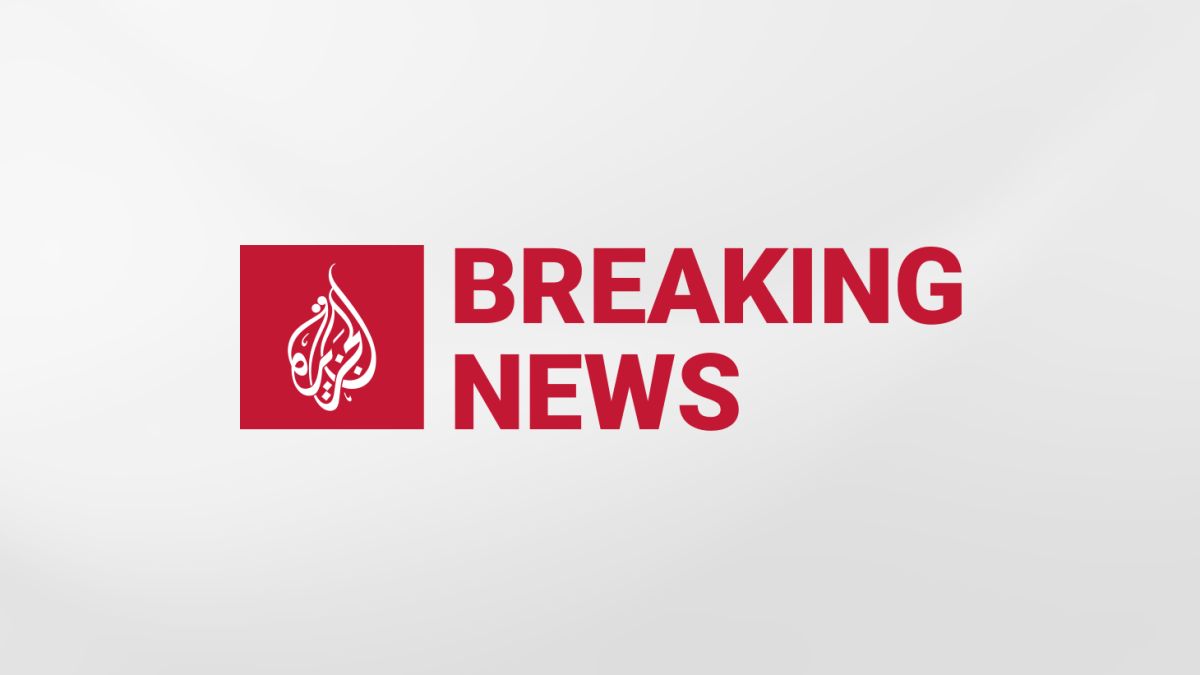Pressured Bush To Probe Pre-War Intelligence
Bush is expected to set up a bipartisan and independent commission to investigate the failure to find a sniff of Iraq’s alleged weapon of mass destruction after nine months of the invasion, Reuters news agency reported.
"The president wants a broad, bipartisan and independent review of our intelligence, particularly relating to weapons of mass destruction and counter-proliferation efforts," said a senior Bush administration official, who asked to remain unidentified.
The commission is expected to be given until next year to report back, instead of this year as Democrats demand.
About nine members are expected to be picked for the commission. Some will be experts outside the government, while others could be members of Congress. They will include both Republicans and Democrats, Reuters quoted officials as saying.
They added that it would be given a "broad mandate" to look not just at Iraq but other intelligence challenges around the world.
The weapons issue was the main reason cited by Bush for the war, in which more than 500 U.S. troops have now died.
Some Republican insiders have said that although a probe on intelligence poses plenty of political risks for Bush in the run-up to the election, continuing to resist calls for an inquiry might make the president appear as if he has something to hide.
Bush further began in recent days to reconsider the position following the resignation of his top weapons expert in Iraq David Kay and the stunning acknowledgment made by his close aid and National Security Adviser Condoleezza Rice that there might have been flaws in prewar intelligence about Iraq.
After his resignation, Kay said he did not believe Iraq possessed any chemical or biological weapons.
Blair Under Pressure
On the British front, Conservative leader Michael Howard was to put forward a parliamentary motion demanding a probe into the quality of data on Saddam Hussein’s alleged weapons of mass destruction.
"It is very interesting that it looks as though President Bush is going to hold an inquiry. I think we do need one here," Howard said in an interview with the British broadcaster ITV.
"I hope that Tony Blair won’t continue to be the odd man out on this. Everybody, I think, now recognizes that something went wrong over the intelligence," he added.
"It is of the utmost importance that, should we find ourselves again in a position where we may have to contemplate taking military action, we do so on the basis of intelligence material in which everyone has full confidence," he said in another interview with the BBC.
The pressure comes although Blair escaped unscathed Wednesday, January28 , from the worst crisis of his career when the British judge investigating the death of arms expert David Kelly concluded that the senior inspector took his own life.
Lord Hutton further vehemently criticized the BBC for unfoundedly claiming that Downing Street "sexed up" intelligence on Iraq in a pre-war dossier, while cleared the government of any "dishonorable, underhand or duplicitous strategy".
The dossier claimed that Iraq could deploy weapons of mass destruction within 45 minutes of an order to do.
Kelly’s suicide plunged Prime Minister Tony Blair into the worst political crisis since he came to power in May 1997 .
On Tuesday, February3 , Blair faces a potentially difficult grilling when he makes a regular appearance before a parliamentary committee of senior lawmakers.
The Guardian said that Blair was expected to use the occasion to acknowledge the need to explain the failure to uncover any banned weapons so far, although he would resist calls to order an inquiry.
On The Defensive
Back to the U.S. president as analysts said the weapons debate has put Bush, in effect, on the defensive in the U.S. presidential campaign.
"He is kind of stuck. He’s got a situation where he established the justification on one ground and then, drib-drab, drib-drab, you have a sort of gradual erosion of that ground," Trevor Parry-Giles, a professor of political communications at the University of Maryland, told Agence France-Presse (AFP).
"You have three choices: You find new grounds, that they’ve tried — ‘We were liberating the Iraqi people’; (you) stick to your guns and say, ‘We’re still going to find them,’ but you have all the people (and) all the evidence saying no, they’re not there, it’s wrong. Or you agree, and you say, ‘Well, we blew it.’
"He seems unwilling to do the last and more weighted to the first two," he said.
Presidential hopeful retired Gen. Wesley Clark also accused Sunday, February1 , of making the same mistakes in Iraq as the United States did in Vietnam.
"In 1964 / 65we decided to insert U.S. troops into Vietnam in a piecemeal fashion. That’s why I am so worried about what is going in Iraq today," he told reporters.
"We’ve got a president who’s playing politics with national security, and we need to hold him accountable," said Clark.
The Democratic frontrunner John Kerry has further hardened his attacks on Bush following Kay’s resignation.
"This president broke every one of those promises to the American people," said Kerry.
"He launched a war. He did not build a legitimate coalition. He did not exhaust the remedies of the inspections. He did not go to war as a last resort, and I think he fails the test of the commander in chief."



